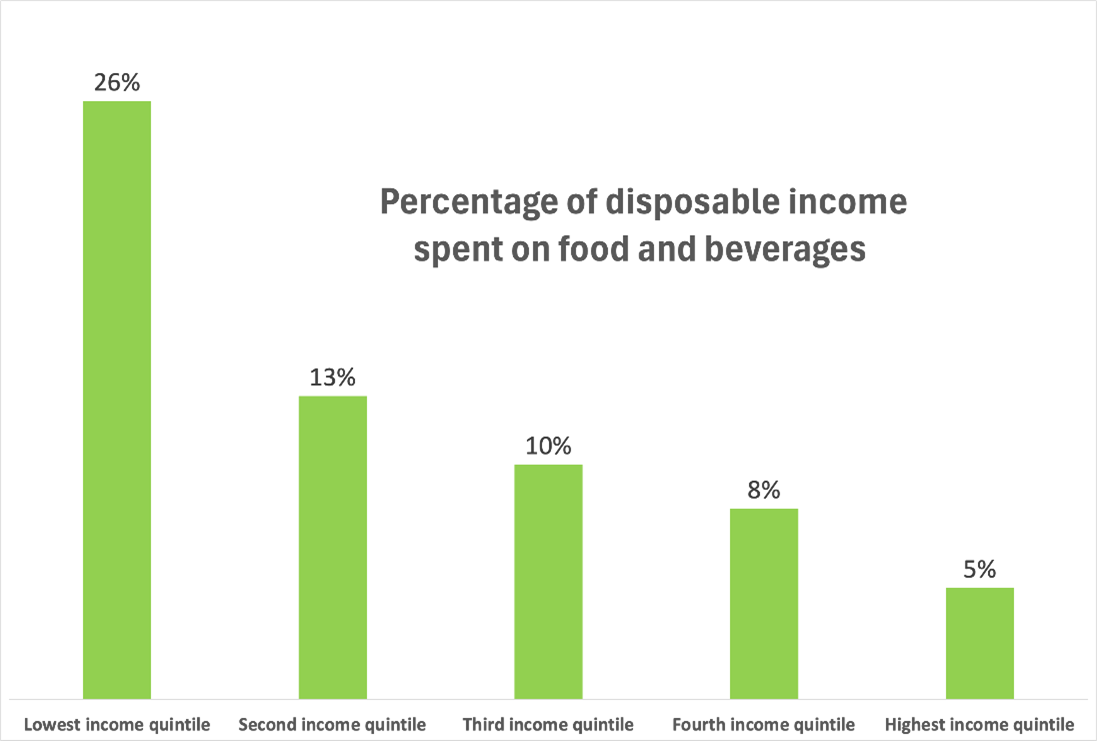Thursday, April 17th, OTTAWA – The Canadian Federation of Agriculture (CFA) hosted the Agriculture Leaders’ Debate on April 17th. The debate brought together Federal political party representatives to address the most pressing issues facing Canadian agriculture today.
A recording of the debate can be found here.
Participants for the debate included:
- NDP – Heather Ray
- Bloc Québécois – Yves Perron
- Conservative party – John Barlow
- Liberal party – Kody Blois
- Green Party of Canada – Dr. Maria Rodriguez
The debate was moderated by RealAgriculture founder Shaun Haney and Martin Ménard, a journalist with La Terre chez nous. CFA would like to thank the exclusive sponsor of the debate, Food, Health & Consumer Products of Canada.
The questions focused on priority issues for Canadian agriculture such as:
- Regulatory modernization
- Risk management
- Trade
- Food processing capacity
- Competitiveness
- Sustainability
- Transportation
- Infrastructure
- Labour
The debaters had an animated and lively discussion, where they laid out their vision for the future of Canadian agriculture and how their parties would deal with current issues in the sector. While all five parties were supportive of Canada’s agriculture sector, they differed in their visions of its future and how to help the sector achieve its potential.
Competitiveness and Trade
When asked about increasing the competitiveness of Canadian agriculture, all parties agreed that interprovincial trade barriers and regulations should be reduced to help grow the Canadian domestic market. There was also agreement that Business Risk Management (BRM) programs needed to be improved for both timeliness and efficiency, though debaters disagreed on the breadth of those changes, with the Conservatives and Green Party calling for a full review of BRM programming.
All parties also committed to protecting supply management in future trade deals.
A number of parties were also in agreement that the Canadian Food Inspection Agency (CFIA) and the Pest Management Regulatory Agency (PMRA) needed to apply an economic lens to their regulatory decisions that impact agriculture. This has also been a platform priority for CFA, which has called for a similar lens of competitiveness for all regulatory bodies.
While the Conservative representative accused the Liberal party of increasing costs for farmers through their policies, while the Liberals noted that the Conservative were the last government to make cuts to BRM programs.
CUSMA Review
All parties agreed that Canada needed to be strong in negotiations and protect Canadian agriculture.
The Conservatives and Liberals both noted they would oppose country of origin labeling. The Conservatives also noted they would repeal recent plastic packaging and front of pack labeling regulations that were trade irritants between Canada and the US.
Infrastructure
When asked about infrastructure, all parties agreed that infrastructure was a core concern, and were also in agreement that ports needed to be invested in to allow for market diversification by increasing access to other countries.
All parties also agreed that broadband infrastructure was a key component in attracting young and new entrants to the sector, and transportation infrastructure would also help with labour issues by providing consistent and reliable transportation.
The Liberals noted that the interswitching pilot for railways needs to be extended with the Liberal, while Conservatives suggested a permanent solution is warranted.
The Conservatives noted their commitment for an energy utility corridor, which would free up rail capacity for agricultural products.
“The debate is an excellent opportunity to give farmers across the country an idea of their party’s vision for the future, to help inform their votes. CFA is very thankful to all the representatives that took part in the debate,” said Keith Currie, President of the CFA.
“CFA looks forward to working together with all representatives in our next federal government to help Canadian agriculture reach its vast potential.”

